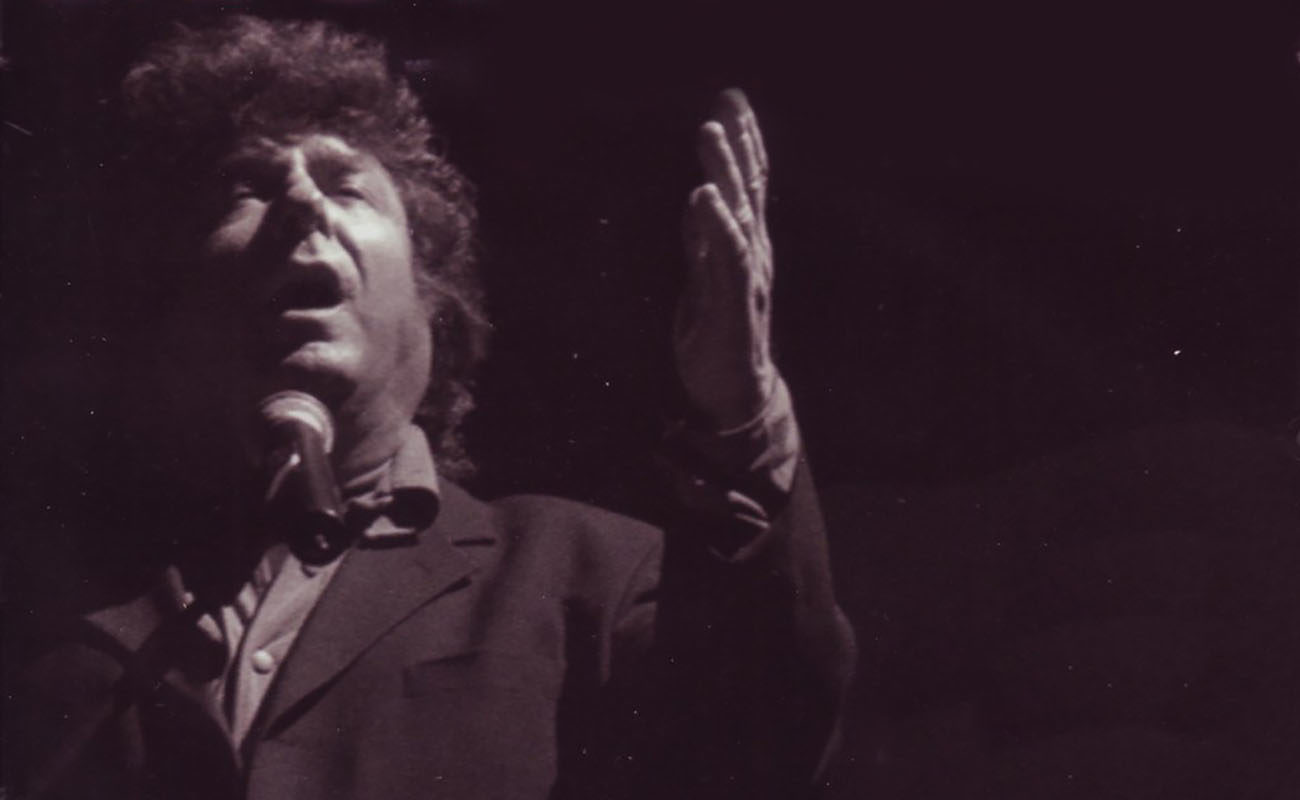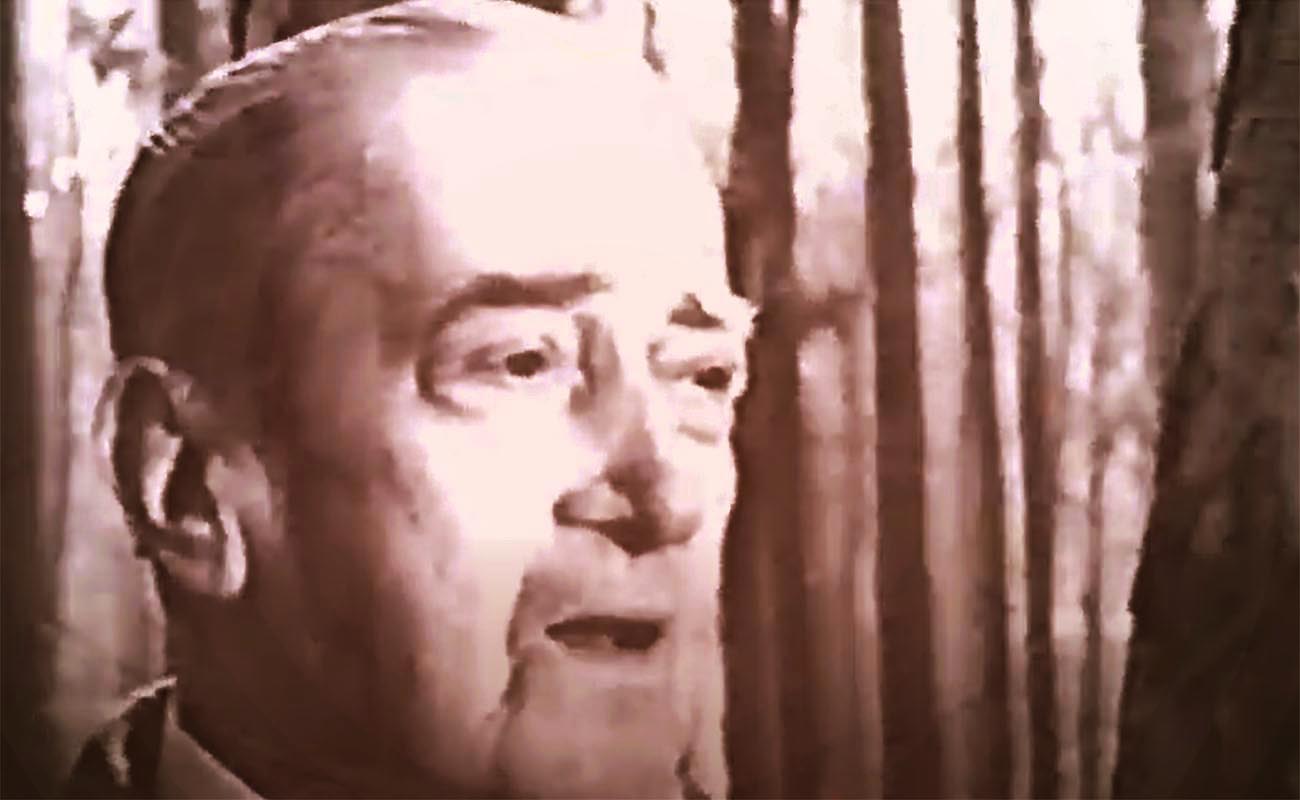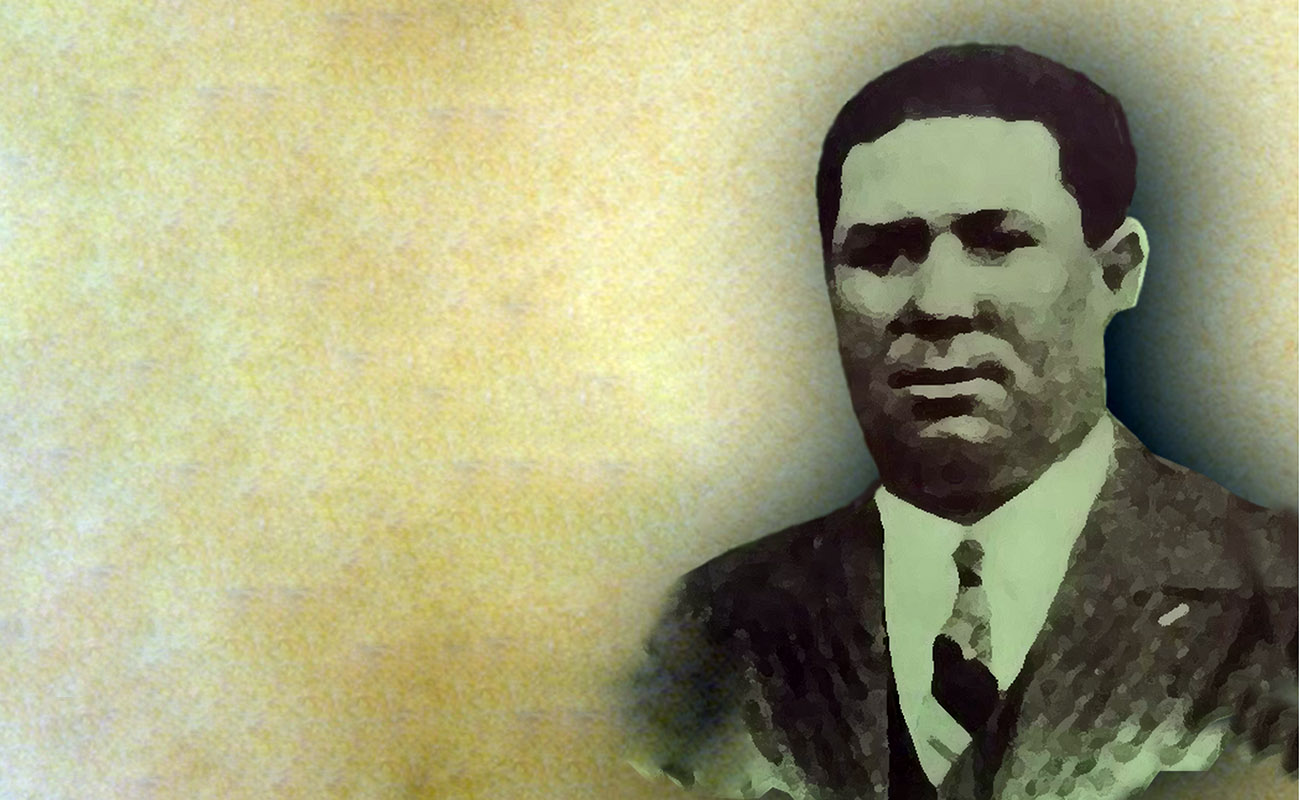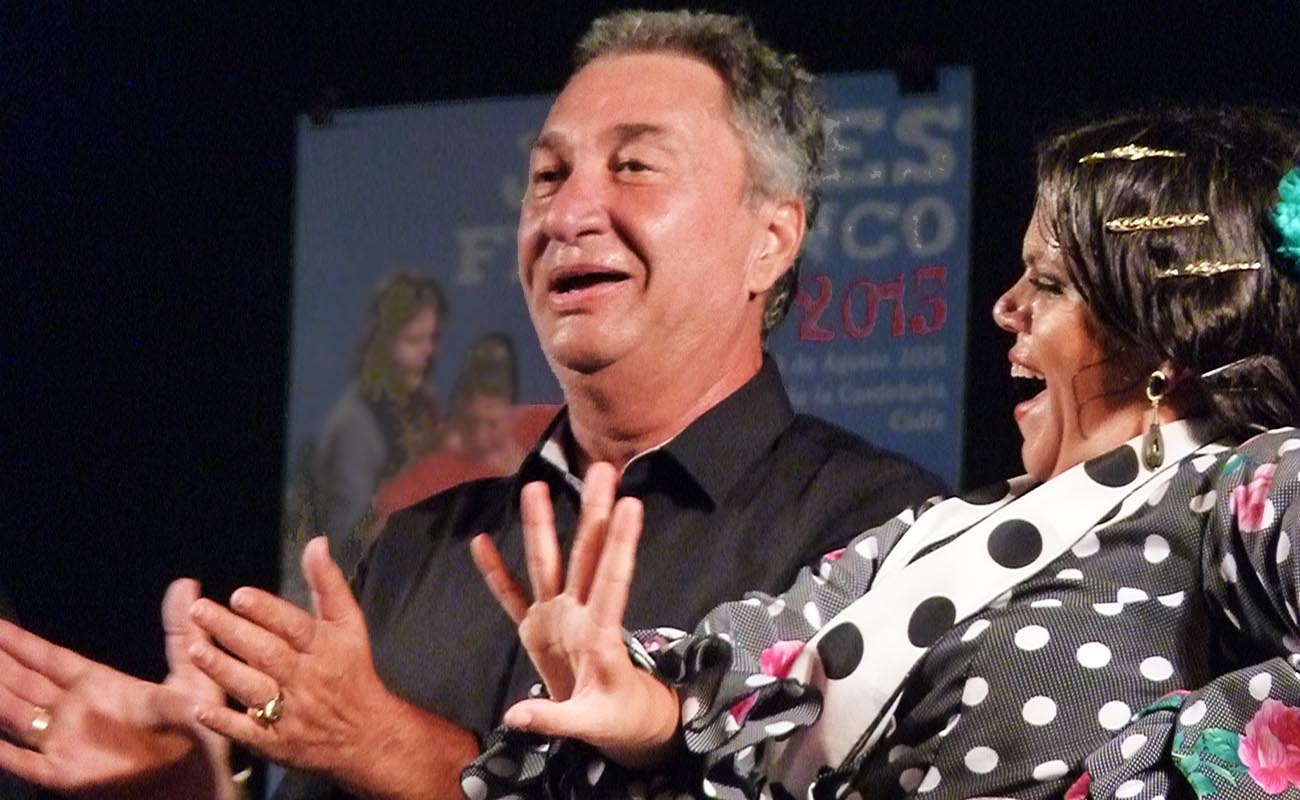Dear Enrique
I haven’t heard from you in a long time. It took me two or three years to accept that you had gone to that place inhabited by cold marble stones. I’m not yet convinced you really left us, because I always thought you were immortal. You are indeed immortal, but can I see you? Can I talk to you? Can

I haven’t heard from you in a long time. It took me two or three years to accept that you had gone to that place inhabited by cold marble stones. I’m not yet convinced you really left us, because I always thought you were immortal. You are indeed immortal, but can I see you? Can I talk to you? Can we go for drinks or coffee? We can’t, it’s impossible, as much as I’d like to, as much as I’d like to believe it.
It took me a while to discover Morente the Cantaor, from his early days as a professional. I first heard of him when, at 30 years old, he was an already-established leading artist. Just like many other youngsters of my generation, I got hooked with the song Estrella, from his album Despegando (“Taking Off”). Quite a takeoff, it was. I used to sing in a group of Sevillanas in my neighborhood, in the late 1970s, and we would sing Estrella, as a novelty of nuevo flamenco, a musical piece not considered “flamenco” by the purists.
The first time I shook hands with Enrique was in Madrid, and I felt like if I were shaking hands with an alien. We were at the entrance of an hotel at the Gran Vía, and even as I was surrounded by shades of gray, like in a black and white movie, I felt as if there was color everywhere. That evening I understood that he was an artist I had to follow to the ends of the earth, and that’s what I did. He was different from everyone, in everything. He was a traditional cantaor dwelling in modernity, a unique master.
We spend that whole night drinking in various places around Madrid, together with Enrique’s good friend, Antonio Badía, the painter from Seville. I was introduced to the actresses María Asquerino and Pastora Vega, and to the great journalist José Luis Balbín, moderator of the La Clave talk show. They respected Morente in a way I found intriguing, treating him not like some fun flamenquito, but like someone cultured and concerned with the political situation of that time, committed to the most innovative and respectable music in Europe, which in those years, the 1980s, was flamenco.
I won’t be like those ominous people who declared the death of cante after Chacón, Niña de los Peines, Marchena, Caracol or Mairena passed away. Cante never dies, that’s impossible, because while some cantaores leave, others come up. Besides, all great artists leave a legacy. To claim that Enrique completely died seven years ago minimizes the importance of his works. His school is alive and well, inspiring the young artists who will guarantee Morente’s immortality.
I can hardly think about Enrique without tearing up, because I miss him like I miss no other cantaor. I won’t even try to explain how he truly was, as a cantaor and as a person. Unique, irreplaceable. Today I was drinking young wine in Palomares del Río, one of the many towns I’ve lived in, which he liked so much. I thought of him as a ray of light entered through a window, illuminating the side of a barrel.
Time would stop when we were in the Aljarafe district, in Umbrete with our friend El Tigre, or in Bormujos with Pepe Girón. Enrique even considered buying a little house in this region, so he could come now and then to enjoy the sunshine of Aljarafe, yet he passed away before he could make that dream come true.
It’s been seven years already, and it seems like yesterday. On December 13th I will be in Barcelona, attending the premiere of Morente’s Réquiem. I have a feeling he’ll be around, yet I’ll still shed tears. I just wish I could meet this master once again.
Translated by P. Young




